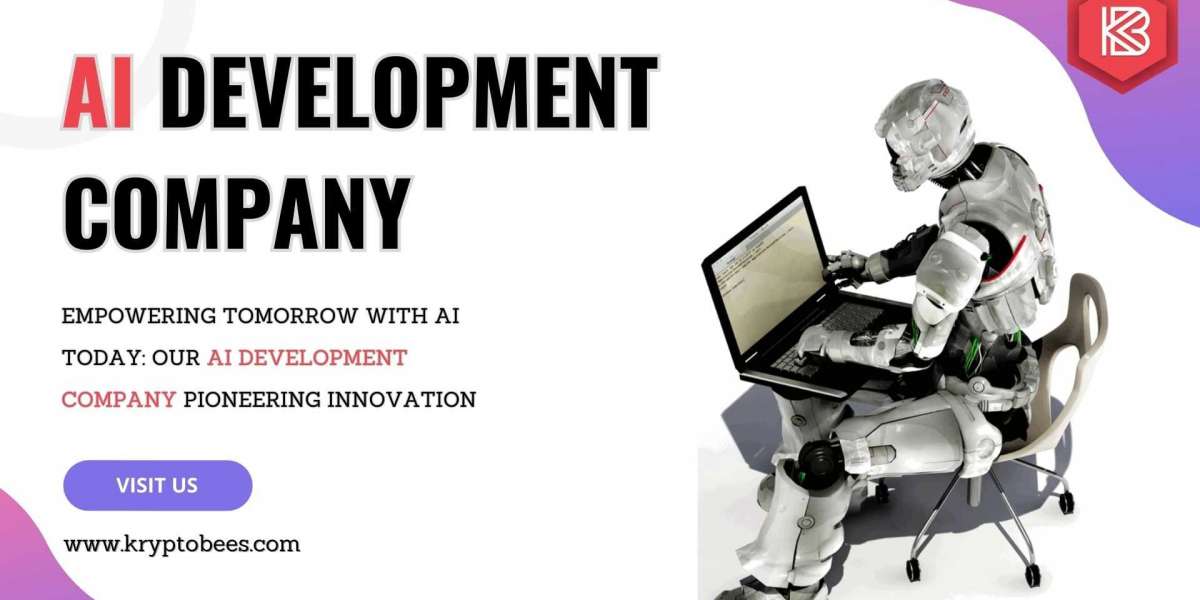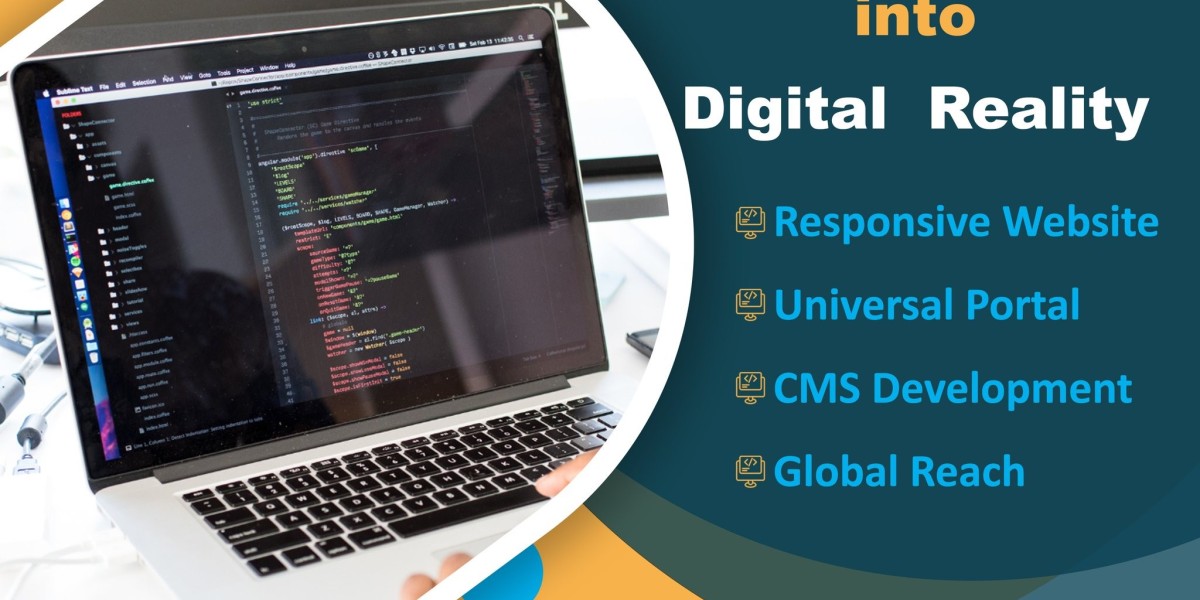Artificial intelligence (AI) has quickly become a disruptive force that is changing various industrial markets, economies, and how people interact with one another and their environment. The influence of AI is extensive and is still growing, from powering better medical diagnostics to operating autonomous vehicles. It's essential to investigate how AI is reshaping our world and affecting the future of intelligence as we stand on the threshold of a new age.
AI's Role in Advancing Human Capabilities
AI is not simply a tool; it's a technology that augments human intelligence. The integration of AI into various fields is enhancing human capabilities in unprecedented ways. For instance, in healthcare, AI-powered diagnostic systems can analyse medical images with incredible accuracy, aiding doctors in identifying diseases at early stages when treatment is most effective. Similarly, AI-driven language translation services are bridging communication gaps and enabling global collaboration like never before.
Automation and Workforce Evolution
The integration of AI-driven automation is transforming industries and the nature of work. Routine and repetitive tasks are being automated, allowing human workers to focus on tasks that require creativity, critical thinking, and emotional intelligence. While concerns about job displacement persist, history has shown that technological advancements often lead to the creation of new job roles. In this evolving landscape, reskilling and upskilling are vital to ensure the workforce remains adaptable and competitive.
Ethical Considerations in AI Development
As AI becomes more ingrained in our lives, ethical considerations loom large. Ensuring that AI systems are developed with transparency, fairness, and accountability is essential. Bias in AI algorithms can perpetuate societal inequalities, and safeguarding data privacy is essential to protect individuals' rights. Striking the right balance between innovation and responsibility is a challenge that AI developers, policymakers, and society must collectively address.
The Promise of Personalization
AI is ushering in an era of unprecedented personalization. Recommendation systems, powered by AI algorithms, curate content, products, and services tailored to individual preferences. This personalization enhances user experiences and engagement across platforms, from streaming services to e-commerce websites. As AI continues to learn from user behaviour, the level of personalization is likely to deepen and reshape how we interact with digital environments.
AI's Role in Scientific Discovery
The computational power of AI is transforming scientific research and discovery. AI algorithms can analyze massive datasets and identify patterns that humans might overlook. In fields like genomics, AI is accelerating the pace of genetic research and drug development, leading to breakthroughs in personalized medicine. The symbiotic relationship between AI and scientific inquiry is poised to accelerate our understanding of the universe and improve our quality of life.
Challenges in AI Governance
As AI technologies evolve, governance becomes a critical consideration. The development of international frameworks and standards for AI deployment is essential to ensure consistency, ethics, and safety. Ensuring that AI systems are transparent, explainable, and accountable is key to maintaining public trust. Additionally, addressing concerns about AI's potential to be weaponized or manipulated is a challenge that requires global cooperation and vigilance.
The Interplay Between AI and Creativity
AI's influence extends beyond data analysis and automation—it's also entering the realm of creativity. AI-generated art, music, and literature challenge our perceptions of human creativity and innovation. While some view AI-generated content as a novelty, others see it as an opportunity for collaborative and innovative expression. The interplay between human creativity and AI is a topic that will continue to shape the cultural landscape.
Conclusion
The future of intelligence is being reshaped by AI in profound ways. From augmenting human capabilities and transforming industries to raising ethical considerations and shaping scientific discovery, AI's influence is omnipresent. As we navigate this transformative era, it's essential to harness AI's potential responsibly, ensuring that it aligns with our values, aspirations, and the betterment of society. By embracing innovation while upholding ethics, we can shape an AI-powered world that enhances human intelligence and advances our collective future.
Are you ready to be a part of this remarkable journey into the future of Artificial Intelligence? Embrace the power of AI innovation and its positive impact on our world. Connect with Kryptobees, a leading AI development company committed to shaping cutting-edge solutions that drive progress and innovation. Together, let's explore the limitless possibilities that AI offers and create a future where intelligence knows no bounds.








